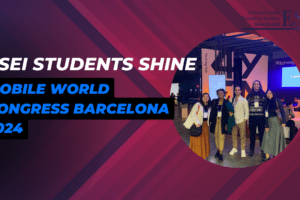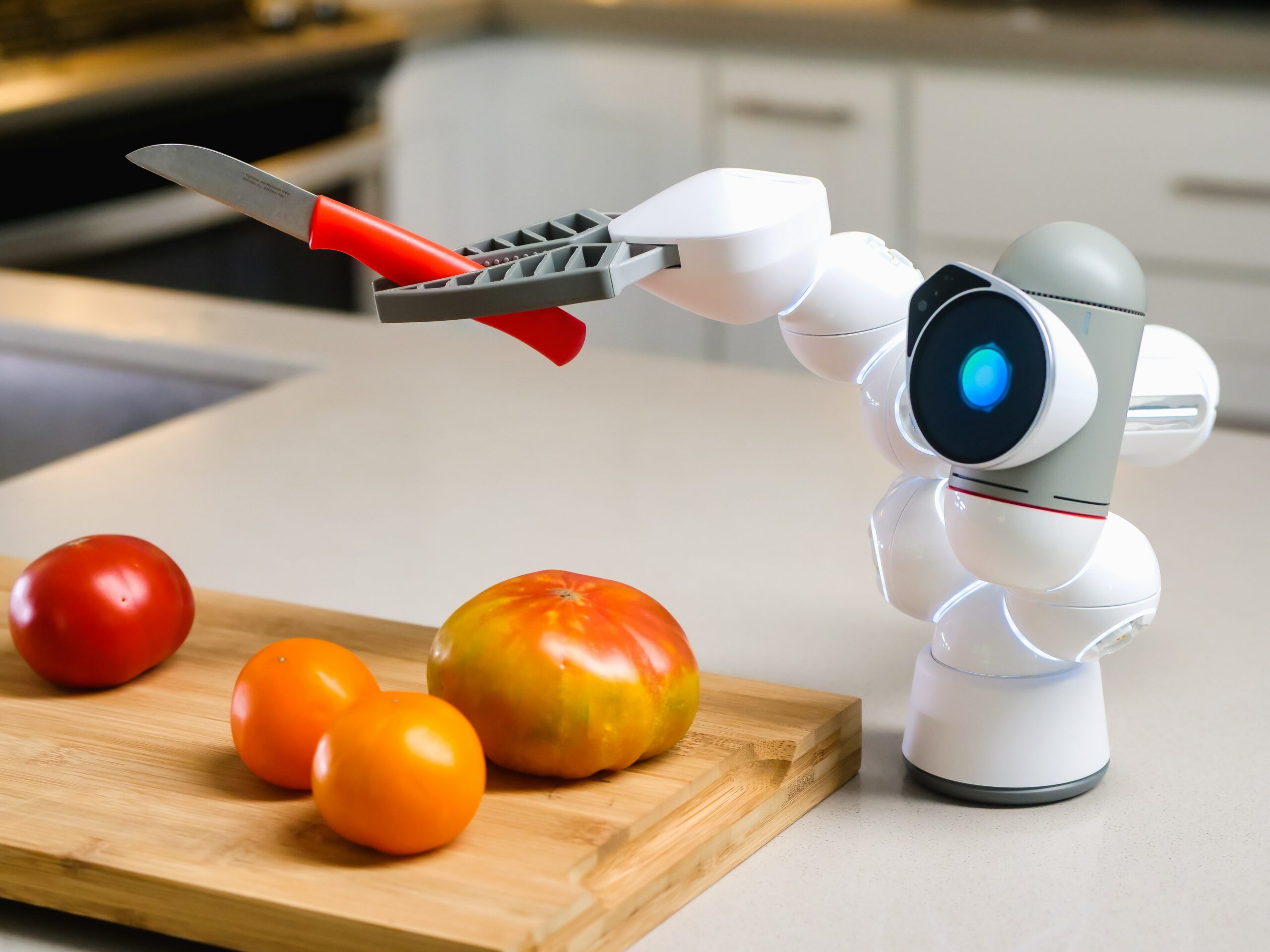
The Future of Work: How AI is impacting jobs and the Labor Market
- Categories Digital Transformation in Business, ESEI Core Values
Artificial Intelligence altering the way humans operate in their daily jobs
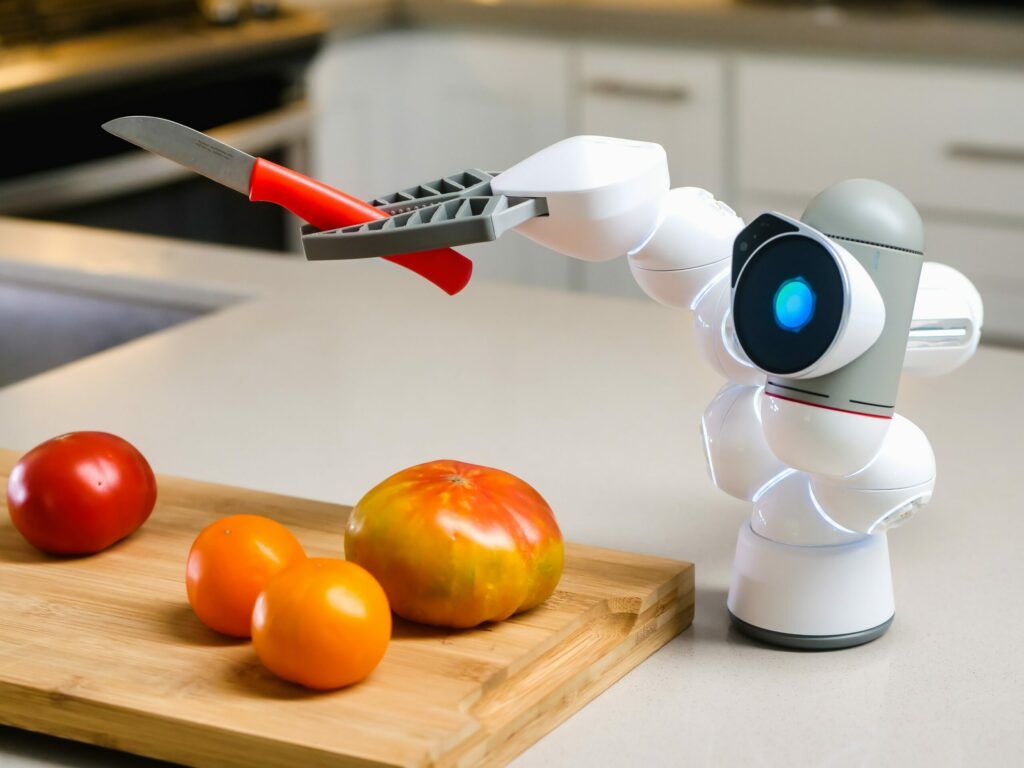
Artificial Intelligence (AI) is changing the way we live and work, and its impact on the future of work is a topic of much discussion and speculation. The advancements in AI technology are transforming the job market and changing the skills that employers value in their employees.
How soon can we expect this change created by Artificial Intelligence
According to a recent study by the World Economic Forum, by 2025, AI is expected to automate 75 million jobs globally, while creating 133 million new jobs in their place. This transformation of the job market presents both challenges and opportunities for workers and employers alike.
The Benefits and drawback of Artificial Intelligence
On one hand, AI technology can automate routine tasks, allowing workers to focus on more complex, creative, and rewarding work. For example, customer service representatives can use AI tools to automate routine interactions with customers, freeing them up to focus on more complex customer issues.
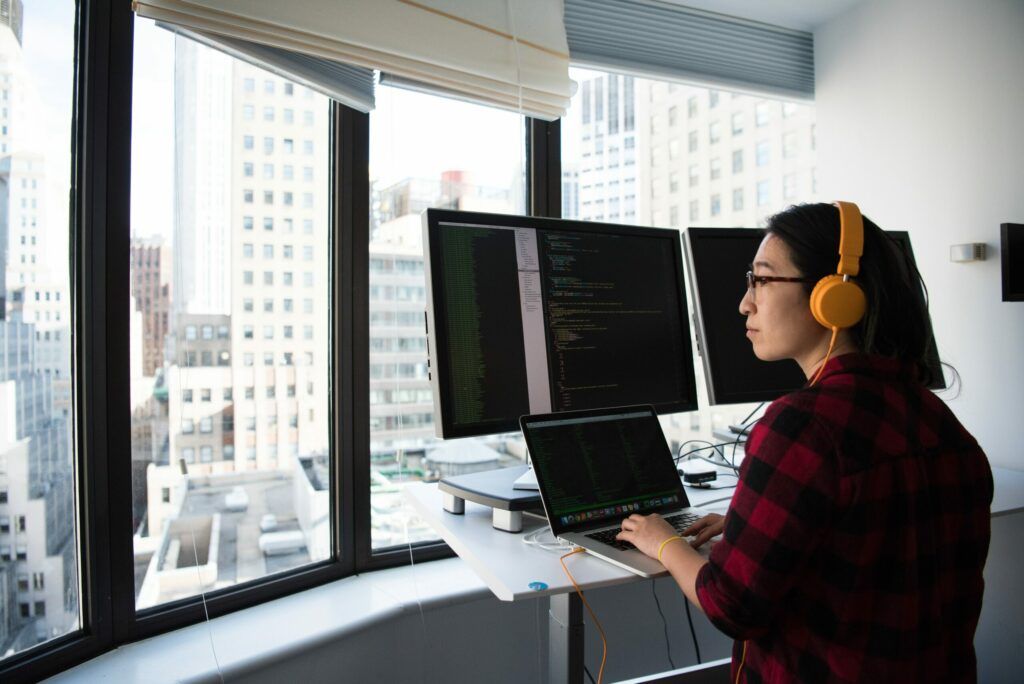
On the other hand, AI may displace workers in certain industries, such as manufacturing, where machines can perform tasks more efficiently and accurately than humans. In such cases, workers will need to be retrained and reskilled to new jobs that require different skills.
How will artificial intelligence impact future work?
The impact of AI on the labor market will also depend on how widely it is adopted and how quickly it is integrated into the workplace. According to a recent report by PwC, it is estimated that 38% of US jobs will be at high risk of automation by the early 2030s.
However, this doesn’t mean that all jobs are at risk. The same report suggests that jobs in the healthcare, education, and social services sectors are less likely to be automated, as they require more human interaction and empathy.
The integration of AI into the workplace also presents opportunities for employees to learn new skills and advance their careers. According to a report by the Brookings Institution, jobs in fields such as data analysis, software development, and machine learning are expected to grow in the coming years, creating new opportunities for workers.
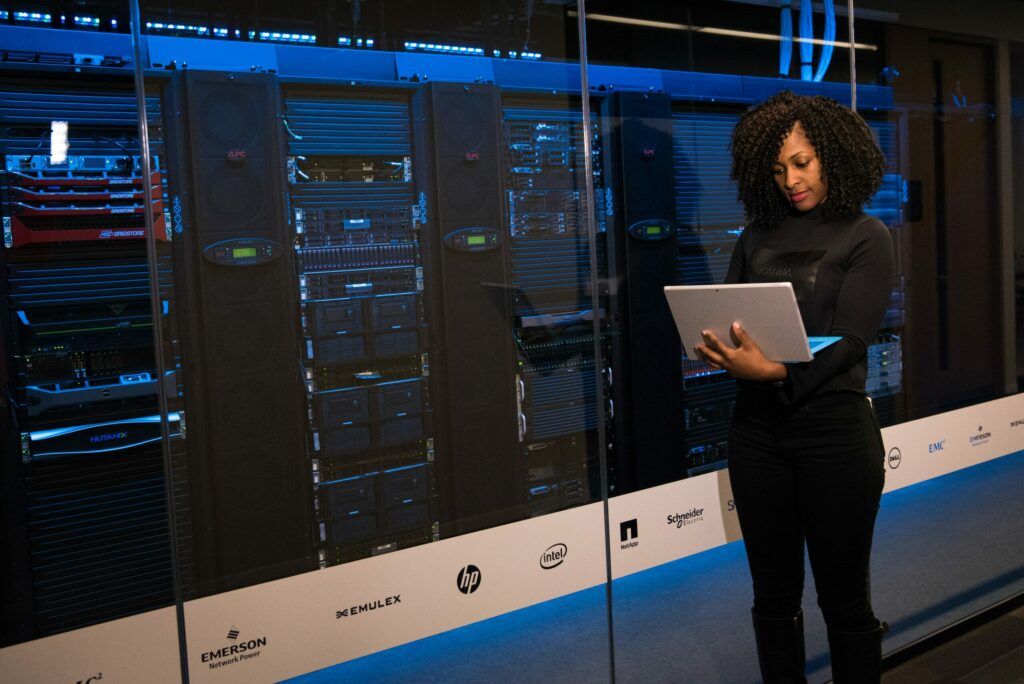
Prepare yourself for a wide range of careers in the field of artificial intelligence and related fields. Some of the jobs that you may be able to pursue with an AI degree include:
- Data Scientist: Collect, analyze, and interpret large datasets to uncover insights and drive business decisions.
- Machine Learning Engineer: Design and develop algorithms that allow machines to learn and make predictions.
- AI Research Scientist: Conduct cutting-edge research in the field of AI and contribute to the development of new technologies.
- AI Software Developer: Design and build software solutions that incorporate AI technology.
- AI Business Analyst: Work with businesses to understand their needs and implement AI solutions to improve processes and drive growth.
- AI Project Manager: Lead teams of AI developers and work with stakeholders to plan, execute, and manage AI projects.
- Robotics Engineer: Design, build, and test robots for a wide range of applications, including manufacturing, healthcare, and military.
- Natural Language Processing Engineer: Develop algorithms that allow machines to understand and interpret human language.
- Computer Vision Engineer: Design and develop computer vision algorithms that allow machines to “see” and interpret the visual world.
ESEI is offering a new master’s in digital transformation in business which educates and prepares students in this field. Giving you prospective skills for one of the career paths which has been demonstrated.
Check out our Masters in Digital Transformation: HERE
In conclusion, the future of work will be shaped by AI, and it is essential that workers and employers alike are prepared for the changes that are to come. By investing in technology and education, we can ensure that the transition to an AI-driven job market is smooth and equitable for all.
Previous post

